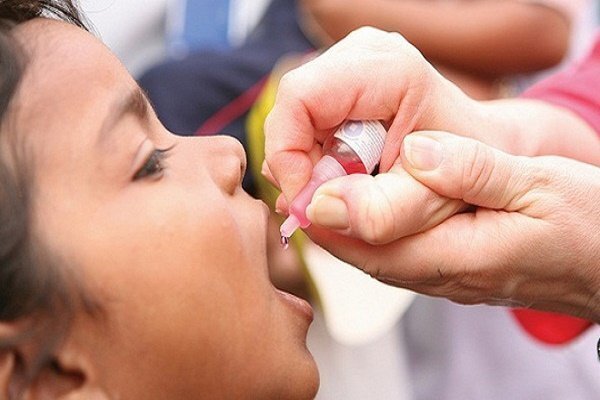WHO confirms measles and rubella eliminated in Iran

TEHRAN – The World Health Organization has confirmed that measles and rubella have been eradicated in Iran, Health Minister Bahram Einollahi said on Monday.
This success was achieved for the country in a situation where many European countries have not yet received approval from the World Health Organization regarding the eradication of measles and rubella, but the Islamic Republic of Iran has succeeded in eradicating these two diseases, he added, ISNA reported.
Measles is potentially a deadly disease. Severe complications include pneumonia, diarrhea, blindness, and encephalitis (brain swelling).
Most people who get rubella usually have a mild illness, with symptoms that can include a low-grade fever, sore throat, and a rash that starts on the face and spreads to the rest of the body.
On December 18, 2022, UNICEF donated 600,000 doses of the measles vaccine to Iran.
In May 2022, Iran announced that the number of confirmed measles cases in the past six months had exceeded 100 cases, despite the fact that the country had eliminated the virus prior to the COVID-19 pandemic.
The sudden rise in the number of refugee arrivals from Afghanistan to Iran as of August 2021 and the delay in providing both Afghan and Iranian children with the necessary routine vaccinations during the COVID-19 pandemic, were some of the potential causes of increased measles cases in Iran.
In response, the Ministry of Health rolled out a measles vaccination campaign, vaccinating all refugees in the country aged 9 months to 30 years old, and called on the public to ensure that the routine vaccination of children is completed as per the national schedule as soon as possible, including children who had missed vaccinations because of the pandemic.
The measles vaccination program in Iran started in 1984 when 34 percent of the population was vaccinated in the first year and 90 to 95 percent of the population after 6 years. Also in 2003, 33 million people were vaccinated with a national program to eradicate measles in the country.
Concerns about the spread of measles in the country are growing as the Afghan population grows.
Iran’s Primary Health Care (PHC) system is known as a role model in the Health Sector which could be adopted by other countries, both in terms of expanded networking and outreach as well as the successful linkage between the Health Sector and Medical Education institutes, such as Medical Universities, according to UNICEF.
As part of the PHC structure, comprehensive health care centers, health posts, and health houses are established in urban and rural areas, offering a variety of key health services to people, namely performing routine vaccination for all children including the refugees regardless of their legal status.
While the PHC system in Iran responded rapidly to confirmed cases of measles and vaccinated refugee families even without immigration documents, the ultimate goal is to ensure that such children receive vaccination before they or their close contacts are affected by the virus.
This would require a combination of outreach efforts and confidence building among the refugee communities, with or without immigration documents, ensuring that they receive immunization and other health services.
MG
